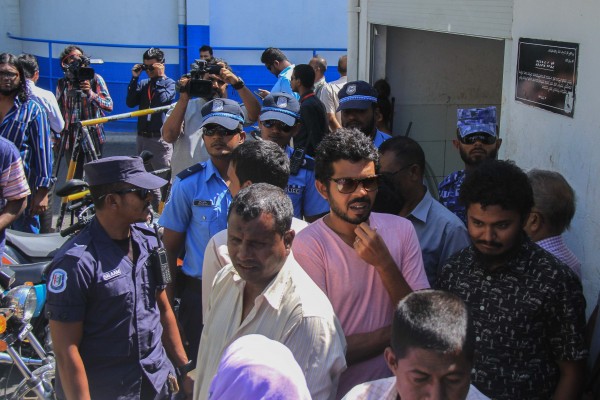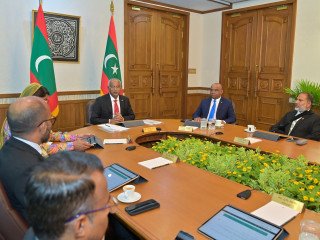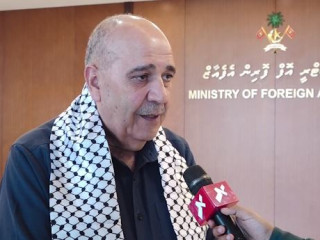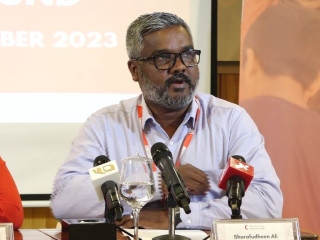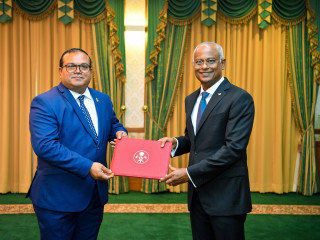Amnesty International has raised concerns over unfair legal proceedings and restrictions on freedom in the Maldives.
It's year-end report for 2016 on the state of human rights highlights violations in over 159 countries.
It noted how the government had ‘failed’ to regulate state institutes, and so deter unfair trials and the creation of unjust laws – citing trials against politicians, journalists, members of civil society, and activists.
“Lack of independence of the judiciary remained a concern, the government took steps to reintroduce executions after more than 60 years” Amnesty said in the report’s brief on the country.
It also found the Supreme Court’s decision to lift Maldives’ 60-year moratorium on death penalty to be worrying, although it did acknowledge that none of the sentences since have been enforced.
“The ruling coalition enacted new legislation to curtail peaceful protests and expression” the report added “Arbitrary restrictions on peaceful protesters and human rights defenders continued”.
In reporting the state of freedom of expression and assembly, Amnesty primarily reflected how new laws were proposed in parliament - with a majority of pro-government MPs - then expedited and ratified without adequate discussion or committee analysis.
This refers to President Abdulla Yameen’s ratification of the first-ever amendment to the law on freedom of assembly and a separate draft law that criminalized defamation.
“The law is vaguely worded and broad in its application, giving the authorities wide discretion to target and silence peaceful critics” the report said about the draft bill for defamation.
Amnesty also noted how journalists that protested the vote outside parliament were also arrested, and expressed concern about restrictions on newspapers and the arrests of four RaajjeTV journalists. The report took note of the incredibly slow progress on missing journalist Ahmed Rilwan’s case.
Further, changes to freedom of assembly entail that political activities, street protests, and marches can only be held with written permission from the police.
“The authorities increasingly ignored constitutional safeguards on the right to a fair trial, as evidenced by a string of criminal cases against political opponents” Amnesty said about unfair trials in the Maldives.
The report went on to criticize a lack of transparent practices in the judiciary, especially in the highly-publicized trials against Mohamed Nasheed - former President and the latest recipient of the Geneva Summit’s courage award, Former Defense Minister Mohamed Nazim, President Yameen’s former Vice President Ahmed Adeeb, and other ‘political prisoners’.
The Office for UN High Commissioner of human rights released a statement calling for Nasheed’s release following the ‘flawed trial’, which was rejected by the government.
With ‘deeply’ politicized trials still ongoing, the body charged with judicial oversight, Judicial Services Commission, has been unable to maintain impartiality in legal proceedings.
Amnesty has long criticized Maldives’ ‘deteriorating’ human rights condition, including the controversial sentence to flog an abused minor, President Yameen’s state-of emergency over, and the country’s embittered statements over critisism of human rights violations before leaving the Commonwealth.
“Instead of complaining about unfair treatment, the Maldives government should look at engaging more constructively with the international community” Amnesty International said in 2015.
